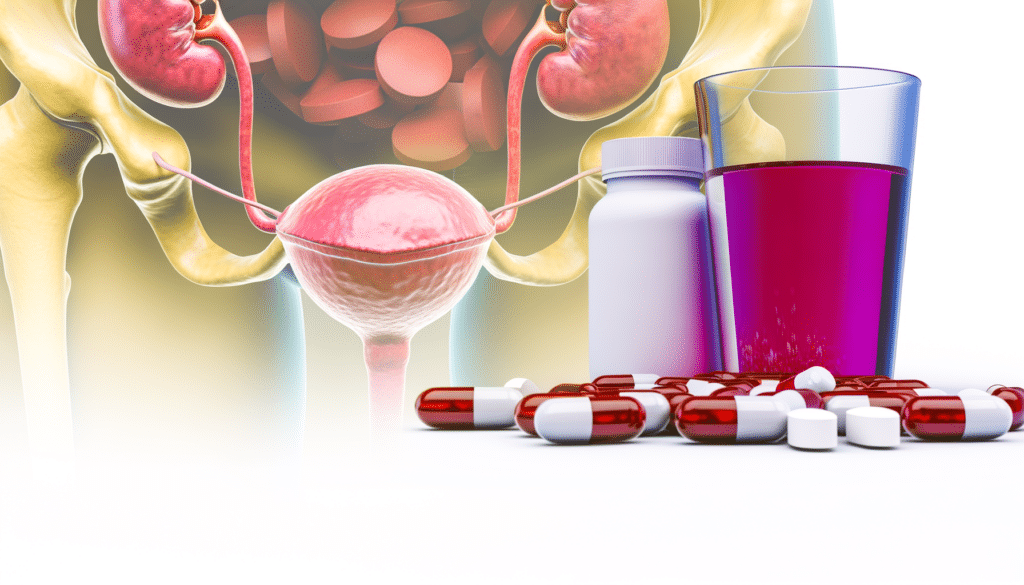Medications for UTI Treatment
Antibiotics are the most widely used treatment option for UTIs. They work effectively by eliminating the bacteria causing the infection. The type of antibiotic prescribed can vary based on the severity of the infection and the specific bacteria found in the urine. A short course of antibiotics is sufficient for uncomplicated UTIs, while more severe cases may require longer antibiotic use. It’s important to complete the full course of antibiotics as instructed by a healthcare professional, even if symptoms improve sooner, to ensure that the infection is fully eradicated.
Prevention Strategies
Lifestyle adjustments can significantly reduce the risk of recurrent UTIs. Staying well-hydrated is a simple yet effective way to help flush bacteria from the urinary tract. Incorporating cranberry products into your diet has been suggested by some studies to reduce the frequency of UTIs, although results are not universally conclusive. Additionally, it’s advisable to practice good personal hygiene, such as wiping from front to back for women and urinating promptly after sexual activity. These strategies can contribute to a lower risk of developing another infection.
Natural Remedies and Lifestyle Adjustments
In addition to conventional treatments, some individuals may explore natural remedies to complement their UTI management. Drinking plenty of water is paramount, but herbal supplements like D-mannose and probiotics may also offer additional benefits. D-mannose is a sugar found in fruits that may prevent bacteria from sticking to the walls of the urinary tract, while probiotics help maintain a healthy balance of bacteria in the body. However, these should not replace medical treatment but can be considered supplementary options with a healthcare provider’s guidance.
When to Consult a Healthcare Professional
While mild UTIs can sometimes resolve on their own, it’s important to seek medical advice if symptoms persist or worsen. A healthcare professional can perform tests to accurately diagnose the infection and determine the most appropriate treatment course. Furthermore, frequent UTIs may indicate an underlying condition that requires further investigation. Prompt medical attention helps prevent potential complications such as kidney damage, ensuring proper care and management of the infection.

